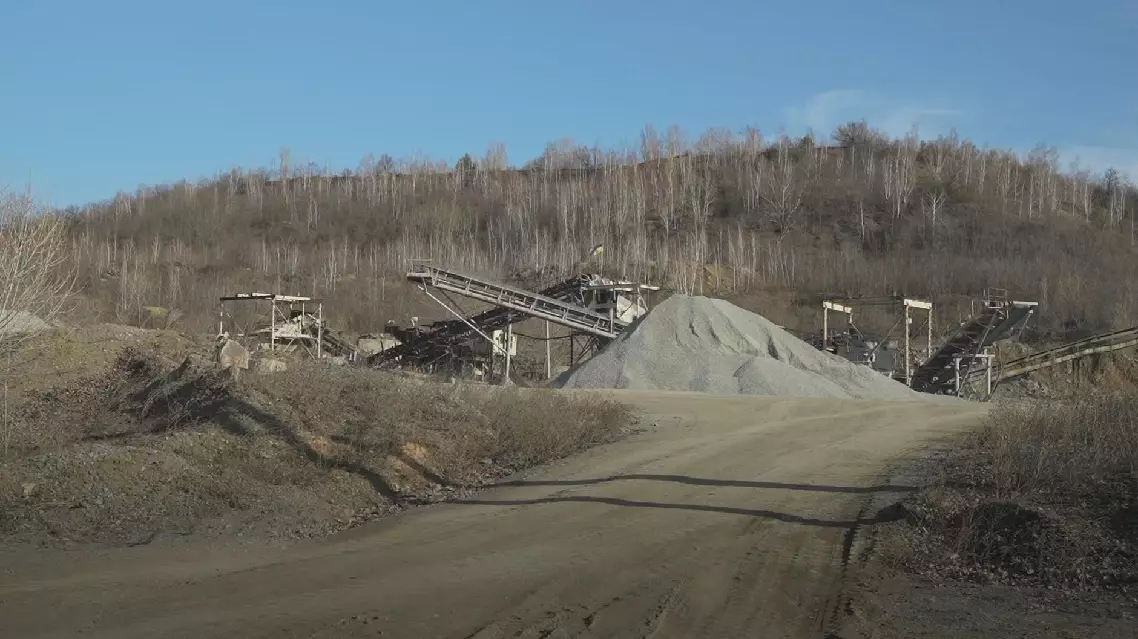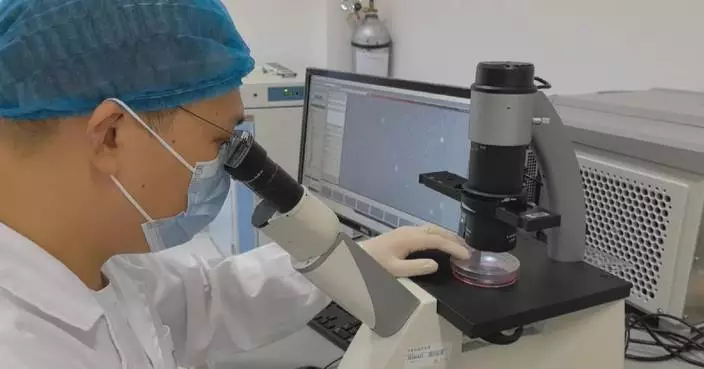The United States' latest wave of tariff hikes, purportedly aimed at protecting domestic industries, is instead dealing a severe blow to its own technology sector, with industry giants facing rising costs, shrinking markets and retaliatory measures from trading partners.
Analysts warn that the move could trigger a chain reaction of price increases, supply chain disruptions and a decline in America's global tech competitiveness.
According to a Wall Street Journal analysis of FactSet data, five of America's seven largest technology companies derive more than half of their revenue from overseas markets, making them particularly vulnerable to the ripple effects of tariff wars.
The damage comes from multiple directions. Cui Fan, a professor at the University of International Business and Economics in Beijing, noted that "The U.S. tariff policy has raised costs for American tech companies as their globally distributed production facilities now face high tariffs when shipping products back to the U.S. This will inevitably raise operational costs. On the other hand, it may also lead to consumption contraction. Against the backdrop of ongoing tariff wars, many countries may experience economic slowdowns and market shrinkage, which would further dampen consumer demand. Domestic consumption in the U.S. could also face challenges, compounded by significant policy uncertainties. Overall, the sector is entering a tough phase."
The repercussions extend beyond direct financial impacts. European leaders have signaled plans to retaliate by targeting America's digital services stronghold.
Last month, the European Union (EU) accused Alphabet, Google's parent company, of failing to comply with its Digital Markets Act (DMA), potentially exposing the U.S. tech giant to hefty fines if the alleged unfair practices are confirmed.
Meanwhile, French President Emmanuel Macron criticized the tariffs as counterproductive, arguing that "they defy basic economics" by ignoring sectors like digital services where the U.S. holds advantages. German Vice Chancellor Robert Habeck warned that all options remain open regarding U.S. tech firms that "profit massively in Europe while avoiding fair taxation."
Compounding these challenges is the impracticality of reshoring production.
"The competitive advantage of (the American high-tech companies) fundamentally stems from their global footprints and their global supply chain management. The current push to relocate overseas production back to American soil faces multiple challenges, including domestic labor shortages, the lack of qualified production workers, engineers and technicians. These constraints will actually increase costs for U.S. tech firms. If such tariff policies persist, the overall competitiveness of America's high-tech industry may significantly decline," said Cui.
As the world's largest tech companies brace for impact, the broader implications for innovation, consumer prices and global trade remain uncertain. What is clear is that in an interconnected global economy, tariff measures designed to protect domestic interests often end up harming the very industries they aim to shield.

US tariff measures backfire as tech giants face mounting challenges

US tariff measures backfire as tech giants face mounting challenges
A deal to give the United States exclusive access to Ukraine's mineral resources has sparked contention among Ukrainian experts, who have described earlier drafts of the agreement as "unacceptable" and "colonial."
As the war between Ukraine and Russia is showing signs of winding down, another battle is quietly unfolding beneath Ukrainian soil, with competitors eying Ukraine's vast reserves of critical minerals.
The United States and Ukraine have signed an agreement to establish the U.S.-Ukraine Reconstruction Investment Fund, the U.S. Treasury Department announced on Wednesday.
For some, the minerals deal with the United States offers a lifeline for Kiev's war-torn economy. For others, it signals the quiet start of a resource takeover, raising concerns about what Ukraine may be giving away in exchange for support.
Ukraine is rich in critical resources such as graphite, lithium, and titanium. All these are vital to electric vehicles, the aerospace industry, and the high-tech supply chain.
At a graphite quarry roughly 400 km south from Kiev, capital of Ukraine, the roads give way to deep ruts and scattered debris, which means the mine site falls short of normal operation in wartime.
According to Ukraine's geological survey, the country holds 22 of the 50 strategic materials identified by the U.S. as critical.
As the global race for these resources intensifies, Washington is eager to secure reliable access. Ukraine, desperate for investment for reconstruction, has opened its doors. However, according to experts, the negotiations have been tense.
"When we had the first draft of this agreement, it was absolutely awful, absolutely unacceptable for Ukraine. It was also like a colonial agreement," said Volodymyr Landa, senior economist at the Center of Economic Strategy of Ukraine.
The country's mining sector is in dire need of foreign capital. At one of Ukraine's largest graphite deposits, infrastructure is minimal, with a few dogs, a guard, and an elderly tractor driver.
A Lviv-based mine owner said water pipes freeze over in winter, bringing operations to a halt. More importantly, the war has drained both labor and funding.
"If the Ukrainian government presents it for free, for 50 years with free rent, our resources will lose from that," said Ostap Kostiuk, CEO of Zavallivskyi Graphite, located in the Kirovohrad region.
Following a tense and reportedly humiliating visit to Washington in March, Ukrainian President Volodymyr Zelensky appears to have softened his stance on a minerals deal he once said he would never sign. The move has triggered public outcry at home.
"Now they (the U.S.) say 'give me money, no, lithium' for the guarantees. It's not fair, I think," said a local resident.
"I definitely started to respect America less. He (Trump) is not interested in Ukraine actually ending the war," another added.
This graphite deposit represents only a fraction of Ukraine's untapped potential. An estimated 30 percent of its critical minerals have already been extracted. The other 70 percent, still buried across vast swathes of the country, is what many believe Washington is ultimately eying.
"Please do everything to make this peace closer to us, closer to people, closer to Ukrainians. Because every day, every hour, every minute, it costs our Ukrainian nation one to five Ukrainian best guys' lives," said Kostiuk.
In the view of Professor Valeriy Pekar, a business scholar in Kyiv and Lviv, the Trump administration is not actually interested in securing peace for Ukraine.
"To take control of our resources, it is necessary to end the war. The American leadership declares themselves great peacemakers, but what they really do is not peacemaking. It's war mongering," he said.

US interest in Ukraine's critical minerals draws public backlash





















































